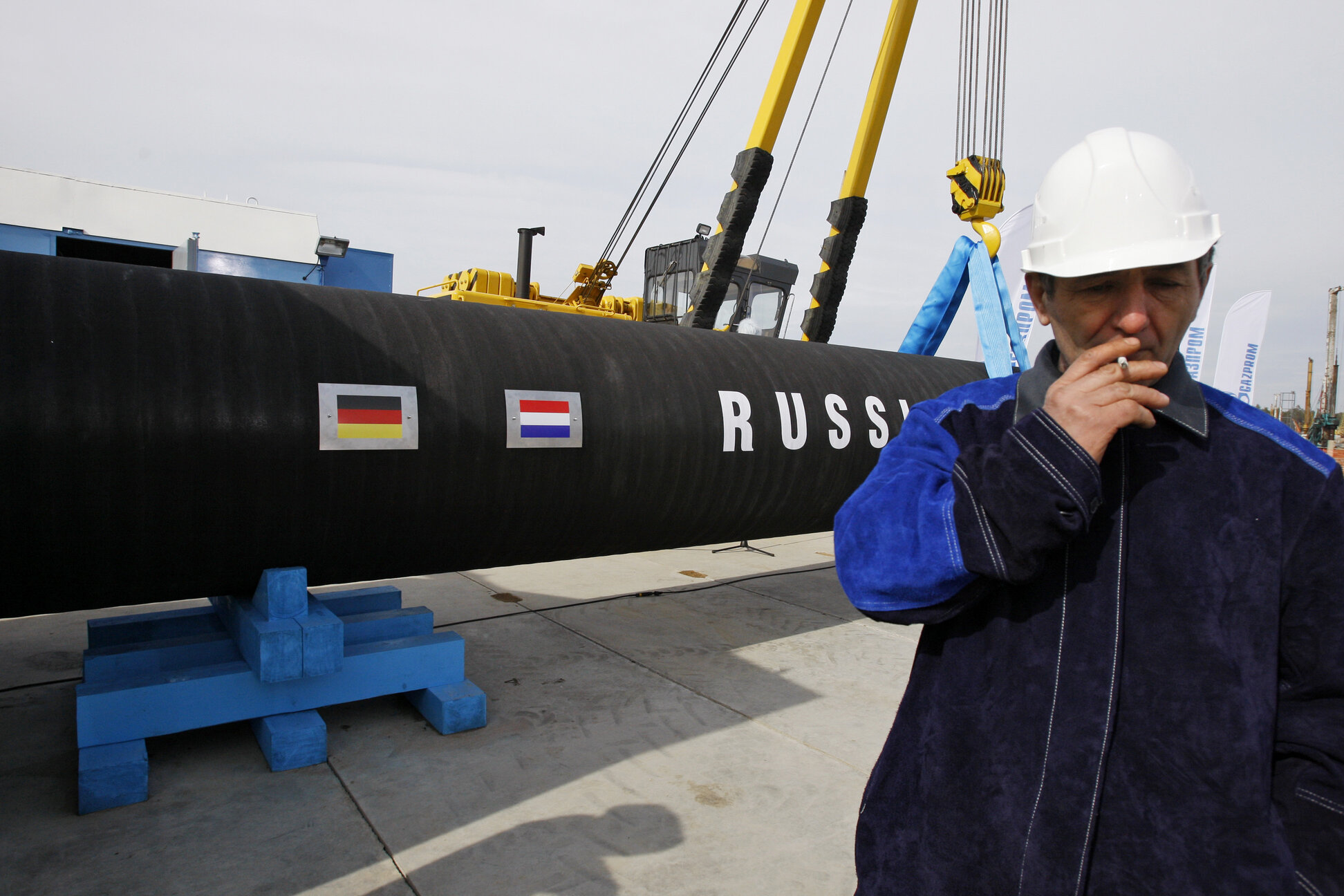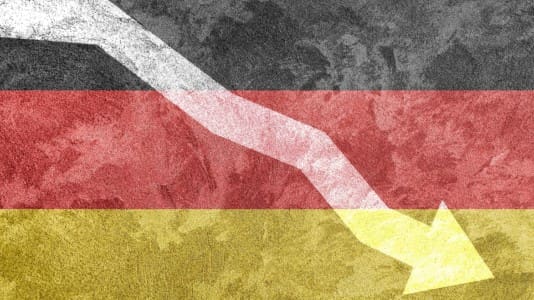The sharp drop in pressure in the gas pipelines Nord Stream 1 and the Nord Stream 2, which never began operations, is not coincidental but a targeted attack, wrote the server of the newspaper Der Tagesspiegel, citing security sources.
The paper claims that someone must have deliberately damaged the gas pipelines along the bottom of the Baltic Sea.
Security authorities at the federal level have begun investigating the case of both gas pipelines. Immediate results however cannot be expected as experts have to visit the seabed to investigate the situation.
Such an attack on the seabed is anything but simple, notes Der Tagesspiegel, citing security sources. Special forces, such as naval divers or a submarine, would have to have carried it out, according to sources familiar with the initial findings.
Due to the timing, the three affected pipelines, and the massive pressure losses, the investigators lean towards the version that the damage was not accidental, writes Der Tagesspiel. Furthermore, the sharp pressure loss points to a violent attack on the pipeline, such an explosion, rather than just a mere leak. The fact that Nord Stream 2 was built with quality German steel and based on a modern design also points that the pipeline being brought offline was no accident.
“We cannot imagine a scenario that does not include a targeted attack,” said a source familiar with the investigation results by the federal security authorities and the German government. “Everything speaks against chance,” the source added.
“There must be a hole somewhere,” Ulrich Lissek, the Nord Stream 2 gas pipeline operator spokesman, told DPA. According to him, the pressure dropped in pipe arm A, “but nobody knows where,” he added. According to him, gas is leaking in the coastal area.
If this were the case on land, the operator would have already found the source of the leak. In addition, the Danish Maritime Authority also reported damage to a pipeline near to the island of Bornholm in the Baltic Sea on Monday evening. The authority advised vessels to avoid the area.
There is speculation that Ukrainian or Ukrainian-linked forces could be behind the attacks. With the gas pipelines temporarily shut down, gas to Germany and other Central European countries could only travel through the Yamal gas pipeline and the Ukrainian gas pipeline network.
The second option is that the pipeline could have been damaged by Russia in a false flag attack. Decommissioning gas pipelines would increase further uncertainty in the markets, and the price of gas could skyrocket. The European energy crisis would thus deepen even more. However, Russia invested billions in both pipelines, and removing the option entirely to restart supplies seems an unlikely foreign policy goal.
Despite the disruption, the German Federal Network Agency reports that it sees no impact on security of supply. However, Federal Network Agency President Klaus Müller described the situation as “tense” after the pressure drop in the Nord Stream 1 and Nord Stream 2 pipelines.





